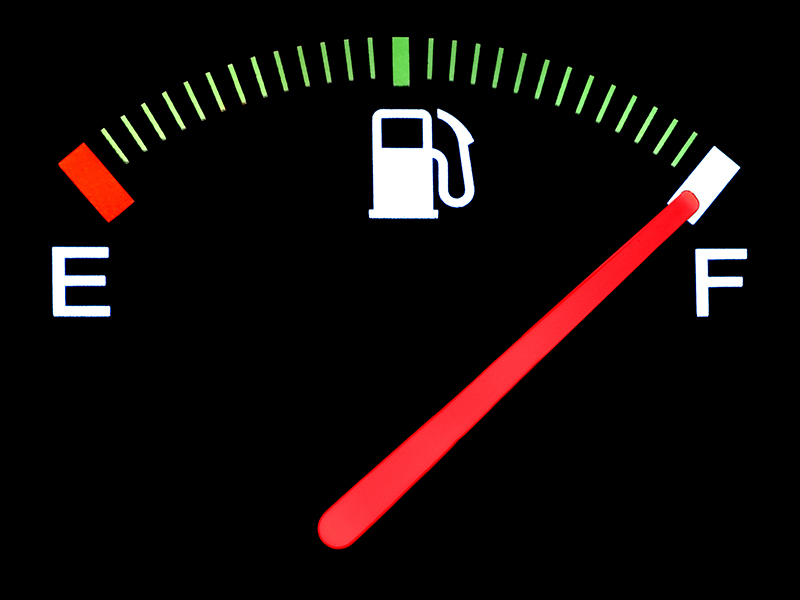
If you’re like the rest of us here at ETB, you’ll have been queuing for petrol, asking about petrol, been stranded at home without petrol or gone to bed dreaming about petrol.
While this blog cannot claim to solve the supply issue, it can at least ensure you extract every last mile of your tank, courtesy of some simple driving tips that many of you might not be aware of.
No matter what kind of car you’re driving, you can influence its fuel efficiency simply by the way you drive it.
By making minor adaptions to your driving styles, you can make your fuel go further and ensure that you’re not having to queue for miles to refill. As the old saying goes, every little helps!
Here are a few ways you can make a tank of diesel or petrol go further:
Regular maintenance:
Regular maintenance and servicing improves the efficiency of your vehicle, and therefore can improve your fuel consumption. It goes without saying that we offer both.
It’s particularly important to make sure your tyres are inflated to the correct pressure as indicated in your owner’s manual as underinflated and overinflated tyres both adversely affect fuel economy. Tyre pressures will vary depending on the load you are carrying: if you have four passengers and luggage then you will need your tyres inflated to the maximum recommended pressures.
We can give your tyres a free check if that helps!
Easy on the accelerator:
Excessive speed is the biggest fuel-guzzling factor so having a light right foot and ensuring all acceleration is gentle is very important to fuel-efficient driving.
The best way to achieve high mpg is driving in the highest possible gear for your vehicle while keeping within the speed limit. The best advice in urban areas is to change up through the gears as quickly as you can with the lowest revs possible, probably at around 2000rpm. Remember: the faster an engine spins, the more fuel it uses.
Anticipate:
Keeping the car moving at the right speed is essential to fuel economy. Obviously, this depends on traffic conditions and what’s happening on the road ahead, but slowing down and having to accelerate again uses more fuel.
Try to drive as smoothly as possible, gently using the steering, accelerator and brakes. Try to anticipate what’s going to happen in front of you by looking well ahead. This way you’ll see the traffic lights on red meaning you can ease back on the accelerator or slow down naturally and potentially keep moving as opposed to coming to a stop.
Driving up hills destroys fuel economy. When you spot a hill coming try to accelerate a little before you reach it, then ease off as you drive up. The extra momentum should be enough to minimise additional fuel consumption.
Does cruise control help with fuel economy?
Yes and no. It only aids fuel economy when driving on a constant flat surface, hence why it is usually best reserved for motorway driving.
One of the keys to saving fuel is driving at a constant speed, cruise control can do this effectively on flat surfaces, making your driving as fuel efficient as possible by negating unnecessary acceleration.
However, if you were to use your cruise control regularly, not on flat roads, you would encounter problems that would increase your fuel consumption.
Lighten the load:
Don’t leave your roof bars and roof box on because they create wind resistance and cause your car to use more fuel through the ‘drag’ effect. This is increased the faster you drive.
Driving with an open window also has a similar effect. And while this isn’t going to make the biggest difference to your mpg figures it stands to reason that the heavier a vehicle is, the more fuel it will use.
For that reason, don’t keep unnecessary items in your boot as they all add weight to your vehicle, which is not going to help your fuel economy in the long run.
If you need any help with any of the above then don’t hesitate in getting in touch. Our trained technicians are here to help you with expert guidance and free vehicle and tyre checks, as required.
Calls may be recorded for training and to ensure the best quality customer service.
TYRE BRANDS
Bridgestone - Firestone - Avon - Michelin